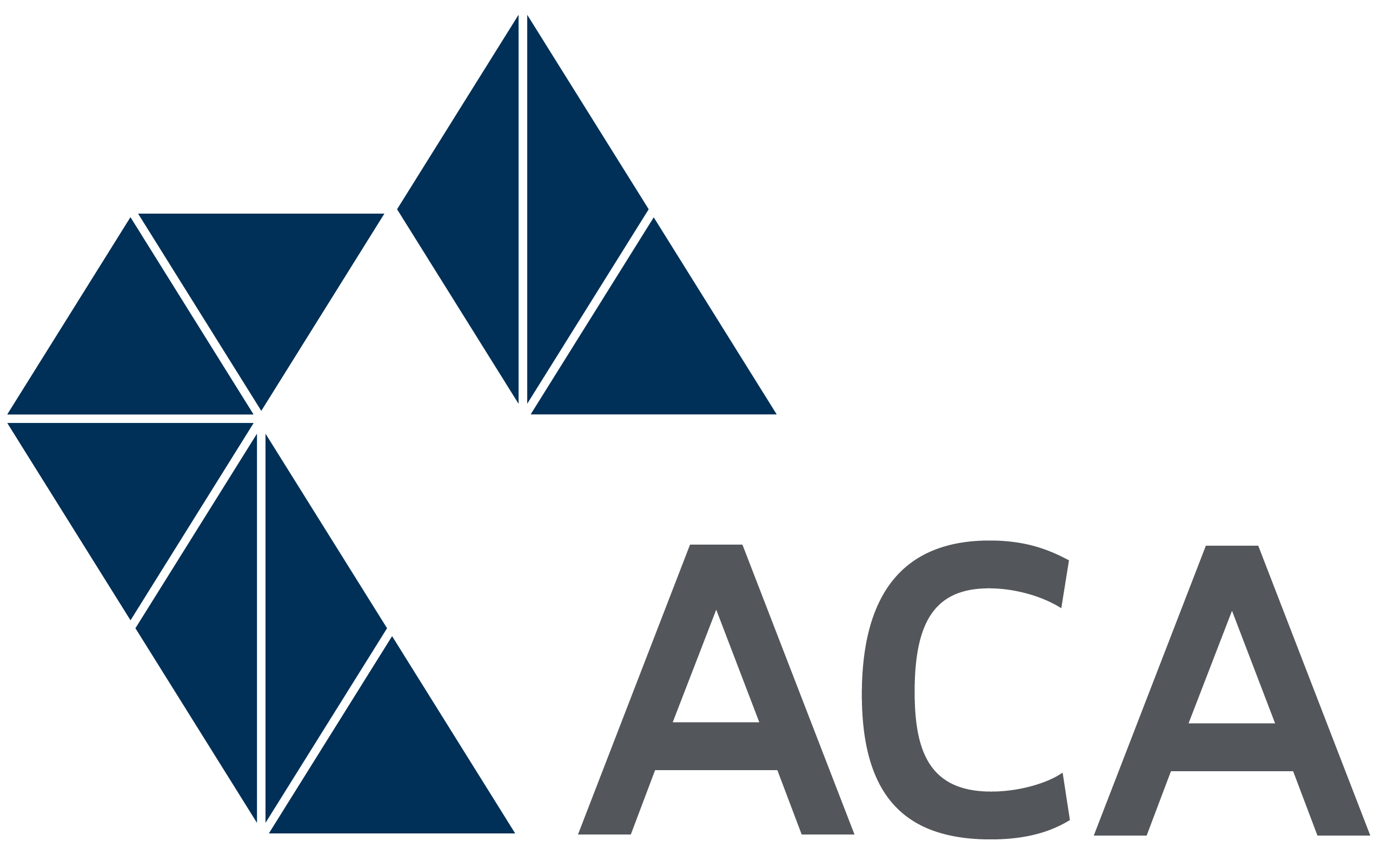
Over six months have passed since the early learning sector’s transition to the new Child Care Subsidy (CCS), which took effect on 2 July 2018.
Impact on families
Quite rightly, the introduction of the new Child Care Subsidy has raised many questions among the sector about the impacts on families and identifying those that will benefit from the new system and those who are worse off.
We know that those households with one stay at home family member and an income over $65,710 now receive no subsidy whatsoever under the new Child Care Subsidy. It has been estimated that over 30,000 families who were eligible for some level of subsidy under the previous system are no longer receiving any support at all.
ACA is specifically concerned about the children who are now no longer be eligible for subsidised early learning, and therefore likely be withdrawn from attending Early Childhood Education and Care services. This increased cost coupled with reduced access could significantly impact educational outcomes for these children.
We have consistently expressed deep concerns about this approach, stating that such an outcome would be a retrograde step in terms of ensuring that all Australian children have the same opportunity to benefit from high quality Early Childhood Education and Care in their early years, for the best possible start in life.
We are already engaging with all sides of politics about the fact that the new system leaves many families without subsidised care and therefore unable to afford early learning services.
As the next federal election approaches, ACA continues to engage with key federal politicians and candidates from all sides of politics to put forward our views on creating a future where every child in Australia has access to high quality, affordable and sustainable early learning services, thus giving them the best start in life.
With the ALP’s commitment to funding both three and four year old pre-school/kindergarten it is vitally important that the long day care sector is seen as capable and ready to deliver this program and be recognised as the primary partner in ensuring access to more children, sooner. With our services already delivering programs to over 60% of three year olds there is no doubt that with plenty of supply available in many areas around Australia, our sector is well placed to deliver this very important program.
Operational Issues
Whilst the majority of the operational issues with the new system have been addressed, the efforts services have made to make sure they have successfully adjusted, both operationally and engaging with families, have been all consuming.
Some challenges still remain, and ACA will continue to engage with the relevant Government Departments to address these issues.
These include:
- CCS making adjustments to accounts with back payments going directly to families, leaving service providers to chase these up with families, sometimes unsuccessfully.
- CCS reversing previous subsidy payments which date back to attendances as far back as July 2018, often with no notice, leaving service providers to chase parents for the shortfall.
- Absence of 8 weeks or more – the child is seen as no longer attending and enrolment comes to an end. Families then have to sign a new CWA and the service need to re submit the CCS enrolment for confirmation.
- Issues with the application process for the Additional Child Care Subsidy (ACCS)
Over the past six months the following issues were also identified and raised by ACA with the Federal Government.
IT considerations – not all software providers were ready in time
ACA provided feedback to government that certain software providers were struggling to update their products to meet the requirements of the new Child Care Subsidy System (CCSS).
Our members had informed us that some software providers were not yet able to lodge session reports to the CSS or view entitlements which would allow for service providers to estimate fees.
ACA encouraged service providers to maintain regular contact with their software suppliers to keep abreast of the latest developments. In the meantime, ACA outlined some 'work around' options for service providers; hold off on lodging session reports or alternatively lodge session reports manually via the Provider Entry Point (PEP).
As we move into the next stage of reporting (see below) we encourage you to continue to speak with your provider about issues which may arise.
Attendance reporting requirements
Under the new CCS, approved service providers will be required to report drop off and pick up times for each child when submitting their weekly session reports to the Federal Government. This can be done via your third party software or entered manually via the PEP.
Whilst the Minister's Rules regarding this requirement do not specify how early learning services should collect this information before reporting it electronically, the reality for most centres is that manual collection of this data on a daily basis would be an onerous task. The practical solution for many centres would be the utilisation of software designed for this purpose, allowing families to notify their drop off and pick up times on a daily basis via a quick, easy electronic process, with the resulting data automatically uploaded into the software system.
However new software comes at a cost and requires service providers to do their research to ensure they purchase the software solution that best suits their centre's needs. The installation of new software also requires the education of staff and families to ensure that the new process is working effectively and offers a reliable mechanism to get this data to government as required.
For this reason ACA relentlessly argued that the government should acknowledge these practical implications, including the anticipated costs of installing any new software, and allow for a delay in enforcing this reporting requirement under the new Child Care Package considering the enormous amount of change the sector is already implementing on 2 July.
ACA was grateful that the government heard these concerns and agreed to a 6 month delay for enforcing this requirement, allowing early learning services additional time to do their research and work out a practical, reliable solution that best meets their individual needs.
The attendance reporting requirements took effect on 14th January 2019 and services are now required to report drop off and pick up times for each child when submitting their weekly session reports.
Withholding rate
The Child Care Subsidy default withholding rate was reduced to 5% for all families, following frequent feedback from the ACA and the broader early learning sector about the potential impact the (originally planned) 10% withholding rate could have on families who receive less than the maximum benefit of their entitlement up-front, particularly those on lower incomes, as well as on child care business arrangements.
The Department of Education and Training (DET) reported that the 5% rate was intended to strike a balance between addressing the concerns that have been raised and the risk of families incurring debts to the Federal Government.
Preschool/kindergarten exemption – flawed process for services and families
Under the CCS, children attending a preschool/kindergarten program at a centre based day care service (for those families that pass the income test) are eligible for 36 hours of subsidised care.
However the application process for both early learning services, as well as their families, was not obvious. Compounding the problem, families were not informed of their eligibility for these subsidised hours in their CCS Letter of Assessment, and member feedback indicating that Centrelink staff were misinforming families about this subsidy.
ACA engaged frequently with DET on this matter, at the same time providing guidance to services and families. This remains an ongoing issue that ACA continues to engage with DET and DHS on to seek a practical working solution.
Absences of care for continuing families
On 12 July DET sent approved providers an email which included an update regarding “Transitions – absences before care”.
ACA held the view that the rules set out in this update were confusing and contradictory.
It was unclear whether:
- the Department was treating existing families (enrolled prior to 2 July receiving CCB/CCR) as if they were new families / bookings, where subsidies are not eligible prior to the first day of attendance and or after the last day of attendance; OR
- alternatively this advice only affected existing families that did not attend at all during the period 2 to 16 July 2018 - for example school holidays.
ACA actively engaged with DET regarding the impacts of this ruling on families. We requested that the Department consider the families affected by this rule, given they may experience a significant and unexpected financial burden as a result of this decision (or limitation of the new system).
Following our engagement on this matter, DET advised ACA it was not the Department's intention for continuing families to receive less subsidy and be worse off under these circumstances as a result of the new CCS.
DET later announced that they would backpay these families, with the payments going directly to families rather than the service provider. That is, if the child’s enrolment started before 2 July 2018, the child attended at least one session of care before 2 July 2018, and care is continuing at the same service under the same enrolment, absences can be eligible for CCS from 2 July 2018.
Ongoing feedback
The more information we receive from our members, the better equipped ACA is to engage with the relevant government stakeholders to influence the operating environment.
ACA thanks our members for this valuable feedback. We encourage you to continue sharing any CCS problems you may be experiencing with us via our online form here.
Further blog articles are available here.







